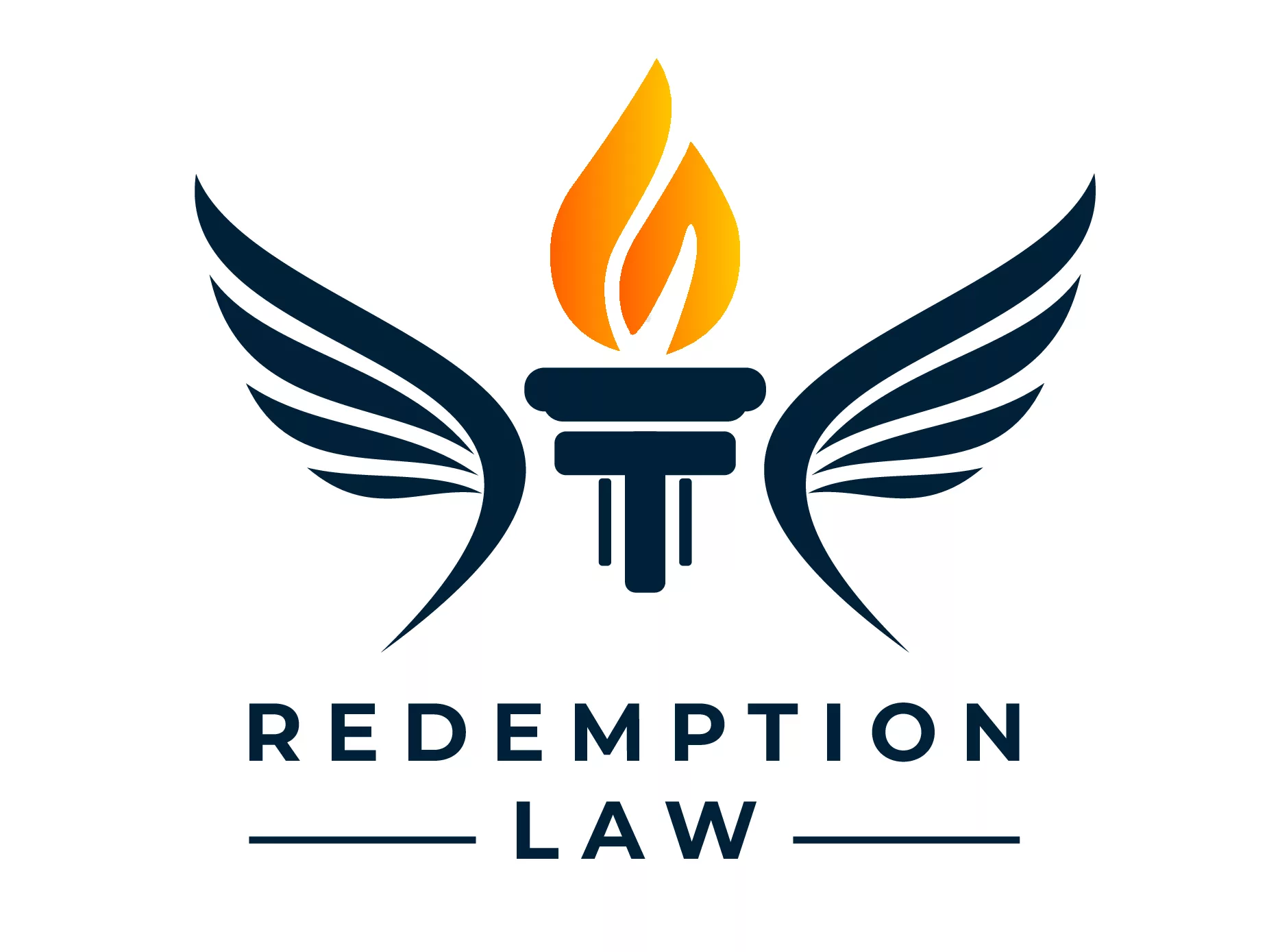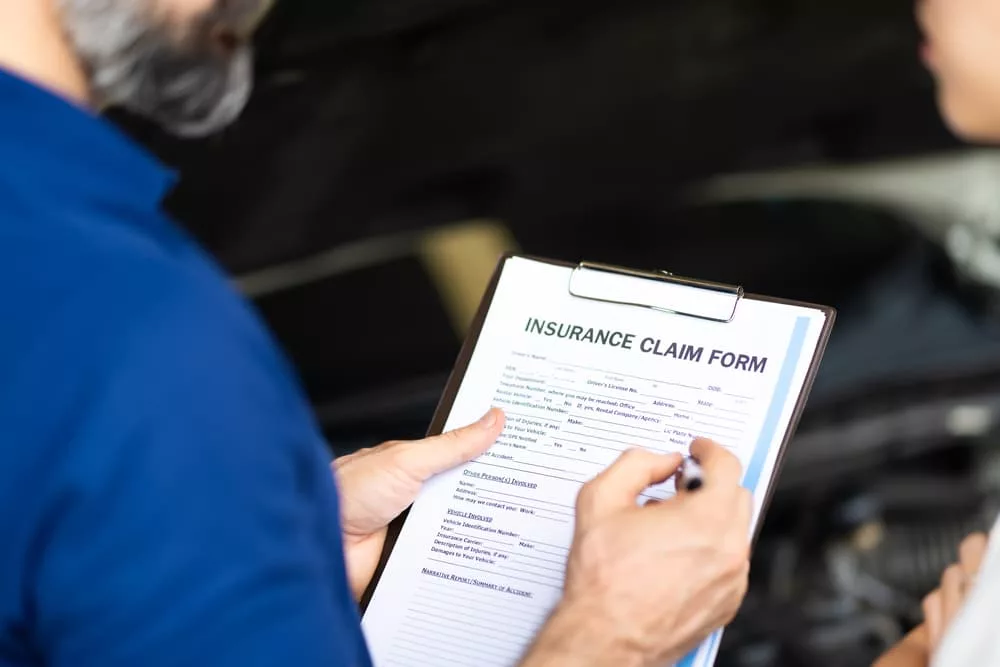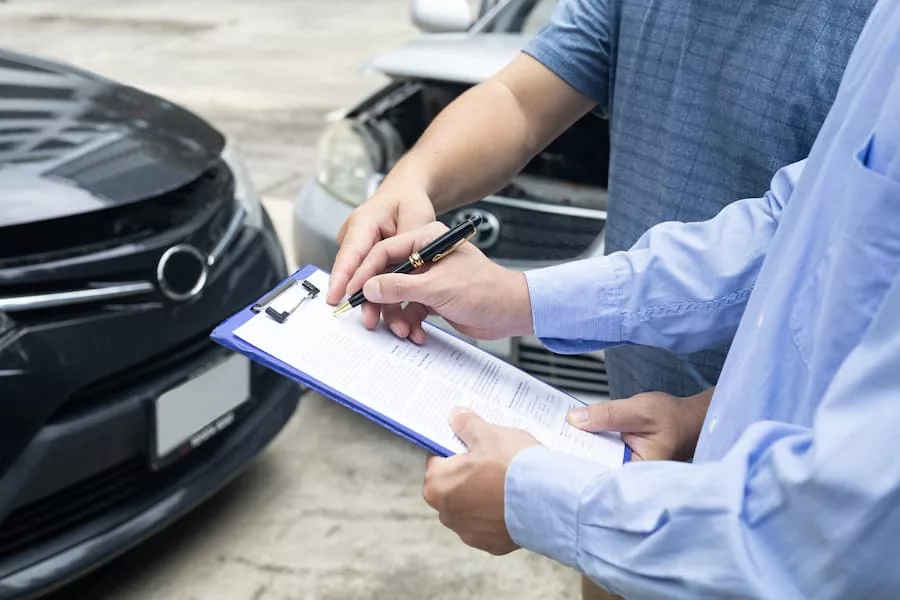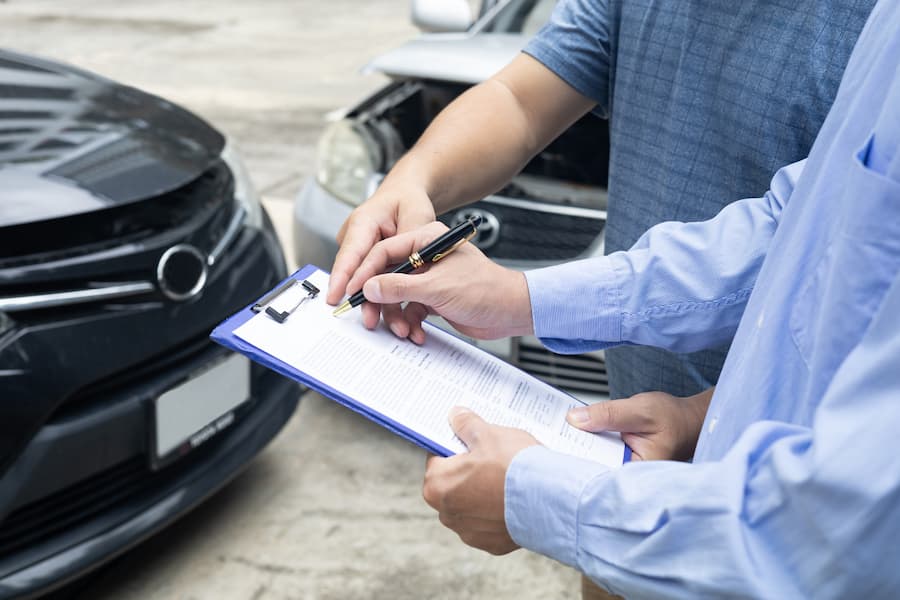How Long After a Car Accident Can You Claim Injury?
Did you get hurt in a car accident on one of Miami’s many busy roads? If so, you might be dealing with painful symptoms, missing time at work, and stressing over a growing pile of medical bills. Many injury victims experience these physical and financial struggles after car accidents, but the good news is that you have options for pursuing compensation.
Depending on the circumstances, you could have grounds for a third-party insurance claim or a personal injury lawsuit after a car accident. With a successful case, you could get the money you need to cover your losses and get your life back on track. But remember that you have a limited time to take action. Specific time limits apply to most injury claims, and waiting too long could jeopardize your right to seek compensation. Reach out to a Miami car accident lawyer.
This blog discusses the process of filing an injury claim after a Florida car crash, how long you have to file a claim, and how a lawyer can help. Read on to learn more about your right to claim compensation for your injuries after an accident.
Florida’s No-Fault Insurance System for Car Accidents
If you want to file an injury claim after a Miami car accident, it’s essential to know that Florida follows a no-fault auto insurance system. Under Florida’s no-fault law, an injured driver will turn to their no-fault insurance provider, which usually must cover the first $10,000 in injury-related losses after an accident, no matter who is at fault.
In Florida, all drivers must maintain personal injury protection (PIP) insurance policies. Florida law requires all drivers to carry at least $10,000 in PIP coverage, though many drivers purchase more. PIP policies pay for up to 80 percent of medical expenses and 60 percent of income losses after an accident, up to the policy’s limits. The purported benefit of the no-fault system is that crash injury victims have a more efficient and reliable way to get the money they need for their losses after an accident.
However, Florida’s no-fault system comes with significant limitations. For one, you generally cannot seek compensation for personal losses, such as crash-related pain and suffering. For another, it’s much harder to hold negligent, reckless, and careless drivers accountable for their actions because you can only file injury claims against other drivers in certain circumstances. Because the no-fault system can be a barrier to getting the compensation you need, It’s a good idea to speak with a local car accident lawyer as soon as possible after a crash to learn more about your options.
Sources of Compensation After a Miami Car Accident
Depending on the circumstances, you could have multiple options for seeking compensation after a Miami car accident.
In addition to the coverage provided by your PIP insurance, you might pursue compensation from:
- Uninsured motorist (UM) coverage. Drivers in Florida can purchase optional uninsured motorist (UM) or underinsured motorist (UIM) coverage with their auto insurance policies. If you have UM/UIM insurance, you could file a claim with your insurer after an accident with a driver who has no auto insurance or insufficient insurance. UM/UIM coverage also applies if a hit-and-run driver injures you. This insurance covers medical expenses, some lost wages, and additional losses from an auto crash and applies to you and your injured passengers.
- Third-party insurance claim. A third-party insurance claim is a claim you file with another party’s insurance provider when the other party is at fault for your losses. Because Florida follows a no-fault auto insurance system, you can only file a third-party auto insurance claim against an at-fault driver in specific circumstances. Generally, your injuries must be “serious” under Florida law. It’s best to speak to a car accident attorney who can help determine whether your injuries meet the threshold.
- Health insurance claim. In some cases, you might be eligible to file a claim with your health insurance provider after a car accident. But remember that health insurance is secondary coverage for crash injury claims, meaning it will only cover you if you first exhaust the limits of your PIP policy.
- Government tort claim. If a government employee or agency contributes to an accident, you might have grounds for a government tort claim. A government tort claim might be appropriate if a state employee causes a wreck while driving or if poor local road maintenance contributes to an accident. But government tort claims are complex legal matters subject to unique rules and restrictions, so it’s best to consult with a skilled injury lawyer if you believe you have such a claim.
How to Know If You Have a Third-Party Injury Claim
Under Florida law, you can only file a third-party injury claim against another driver after an accident if your injuries meet certain thresholds.
Specifically, you must have a severe injury, which the law defines as one that causes:
- The significant and permanent loss of a critical bodily function
- A likely permanent injury other than scarring or disfigurement
- Significant and permanent scarring or disfigurement
You typically need extensive medical evidence to prove a severe injury after a car accident. An attorney can gather and present medical records, doctor’s notes, diagnostic test results, and other evidence to prove your case. You should speak to a lawyer to discuss whether your injuries meet the threshold and determine if you have a third-party injury claim. An attorney can help you pursue all potential sources of compensation.
Compensation You Can Claim for Car Accident Injuries
When you file a successful insurance claim or personal injury lawsuit against another party after a Miami car accident, you could recover money as compensation for the following types of personal and financial losses:
- Hospital bills and other medical expenses you incur due to your crash injuries, including the costs of doctor’s visits, diagnostic tests, prescription medication, and medical equipment
- Incidental costs, such as out-of-pocket travel costs for medical appointments
- The value of wage losses you incur due to missed time at work post-accident
- The potential value of lost lifetime earning capacity due to permanent injuries that prevent you from returning to work or seeking gainful employment
- The subjective cost of crash-related pain, suffering, and lost quality of life
What You Should Do Before You File an Injury Claim
After a car accident, there are steps you can take to preserve your legal rights, including:
- Seeking medical attention. Your health should be your priority after any car accident, even if you don’t think you got seriously hurt. Many common crash injuries don’t show symptoms for days or weeks after an accident, and you could lose your right to claim PIP benefits if you don’t go to the doctor within 14 days after a Florida car accident.
- Following your doctor’s orders. After seeking medical attention for your crash injuries, you should follow your doctor’s orders closely. Your doctor might recommend specific follow-up treatments or appointments to improve and monitor your condition, and failing or refusing to follow these recommendations could hurt your injury claim.
- Documenting the accident. Another essential step is to document the accident thoroughly as soon as possible after it occurs. If you are too hurt or busy to take care of this step yourself, don’t hesitate to ask a trusted friend or family member for help. Be sure to write down everything you can remember about the crash for future reference, take photographs of visible injuries and vehicle damage, and politely ask eyewitnesses for statements and contact details.
- Reporting the accident. If the police didn’t respond to the scene and prepare a crash report, you must file a crash report for any accident resulting in injury, death, or more than $500 in property damage. You will also need to report the accident to your insurance provider, as most policies require you to notify them of covered events by a specific deadline.
- Keeping copies of all records. You should hang on to copies of all forms and documents relevant to the accident. This includes documentation of any medical attention you receive, such as appointments, diagnostic tests, and prescriptions. You should also retain documents that show your financial losses, such as lost wages and property damage expenses.
- Staying off social media. While it’s understandable to want to discuss the accident and your injuries on social media, it’s best to stay offline until your case resolves. Insurers might use anything you post online, such as photos of yourself participating in activities, as proof that your injuries are not as severe as you claim and that you don’t deserve compensation. The insurance company might deny or minimize your claim. If you must go online, don’t mention the accident or post any photos.
- Contacting a car accident lawyer. One of the best ways to protect your rights and lay a solid foundation for your injury claim after an accident is to contact a local injury lawyer for help. An attorney can explain how the law applies to your case, handle every aspect of your injury claim, and negotiate for the best possible settlement while you focus on your recovery.
Legal Time Limits for Filing a Car Accident Lawsuit
Florida has a statute of limitations that applies to personal injury lawsuits, which is a law that limits how long you have to file your suit. In Florida, the statute of limitations is four years for personal injury lawsuits, meaning you have four years from the date of a car accident to sue an at-fault driver for your injuries.
There are exceptions to the four-year time limit, such as injury cases involving minors or government entities. For example, if a minor gets hurt in a car accident, the four-year time limit will begin once they turn 18. And if a government entity is liable for an accident, you might have less time than usual to file a claim. That’s why taking your case to an attorney soon after any car accident injury is essential.
Waiting too long to act after a car accident can seriously affect your legal rights. If you try to file a lawsuit against an at-fault driver or another party after the four-year deadline, the court will likely dismiss your case, effectively barring you from seeking compensation for your losses.
If you get hurt in a Miami car accident, a personal injury lawyer can help you understand how the statute of limitations applies to your situation and handle your case efficiently. By working with a trusted injury attorney, you can rest assured that your case won’t suffer due to missed deadlines or other avoidable errors.
How an Injury Lawyer Can Help After a Car Accident

A personal injury lawyer can help you in numerous ways after a car accident, including by helping you understand how long you have to claim injury after the accident.
You can also count on your attorney to:
- Evaluate your case for free and explain your options during an initial consultation
- Estimate the value of your case and identify all possible sources of compensation
- Investigate potential causes and consequences of the wreck
- Communicate with insurance companies and other parties on your behalf
- Obtain medical records, crash reports, and other helpful claim documentation
- Interview eyewitnesses and reliable experts for compelling case testimony
- Manage essential case documents, details, and deadlines on your behalf
- File insurance claim paperwork and negotiate with the insurer on your behalf
- Take your case to court and represent you at trial if the other side won’t pay
You may feel overwhelmed after a car accident and unsure what to do next. You likely have painful symptoms and mounting medical bills if another driver seriously injured you. Luckily, you don’t have to face this challenging situation alone. Reach out to a Miami personal injury lawyer.
An experienced car accident attorney can handle every detail of your case so that you can focus on healing from your injuries. A lawyer can file a claim for your injuries promptly and correctly to help you pursue the compensation that you deserve.
Related articles
Related articles Related articles Related articles Related articles Related articles Related articles Related articles Related articles Related articles Related articles
Car Accident
18 Jan 2024
Who Is Liable if a Road Hazard Causes a Car Accident?

Car Accident
16 Jan 2024
How to File a Car Accident Claim as a Passenger





